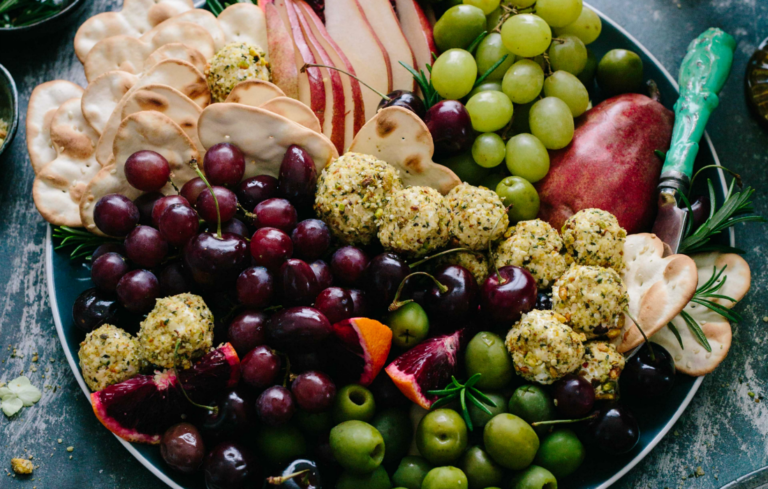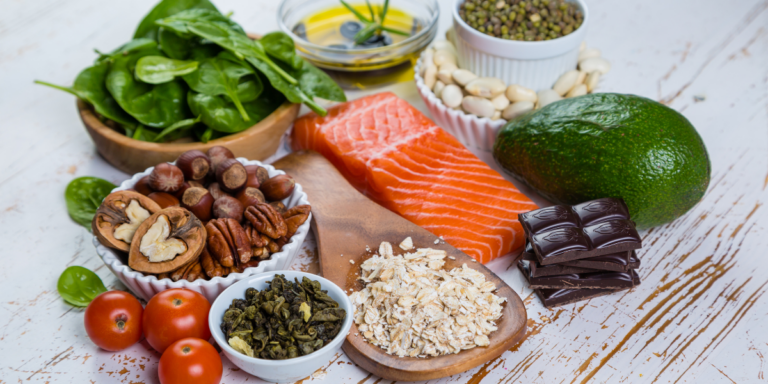Are you bloated or have lots of gas, which makes you feel uncomfortable and, at times, embarrassed? Or do you feel that your food takes long to digest and just sits in your stomach? Or is it the opposite, where you feel that you are rushing to the toilet soon after each meal?
Many suffer in silence from gas, bloating, constipation or diarrhea and learn to accept these digestive discomforts. I know many of my clients feel embarrassed to discuss these and try to live with them instead of finding solutions to address them.
There are many causes of indigestion. Some foods and beverages, like caffeine, alcohol, processed foods, spicy or oily foods, can cause indigestion and how these affect an individual will vary from person to person. For others, poor gut bacteria or disorder (such as gall bladder) may cause indigestion. While for some, it may be caused by food allergies or intolerances – for example, a dairy intolerance.
To help ease your digestive discomfort, I recommend that you incorporate my three tips below.
1. eat fibre-rich foods
Include whole grains, fruits and vegetables since these are high in fibre, which keeps the bowels moving. If your current diet is low in these, introduce fibre-rich food gradually – fibre is great, but if you are not used to a fibre-rich diet and suddenly eat a lot of fibre-rich food, you may feel uncomfortable with an upset tummy. By making some simple swaps, you can increase your fibre intake – for example, have brown rice or quinoa instead of white rice. Did you know, according to USDA food content, that one cup of cooked white rice has 0.5 grams fibre, whereas one cup of brown rice has 3.5 grams fibre and one cup quinoa has 5 grams fibre?
2. slow down + eat mindfully
Try not to eat on the go but make time to sit down and enjoy your mealtime. Digestion begins in the mouth and as you chew your food, digestive enzymes in saliva begin to break it down, making it easier for absorption. Often, it is difficult to know if you are chewing your food properly or if you have just gulping it down. I encourage my clients to include raw carrots at meal times, as these have to be chewed properly before they can be swallowed.
3. soak grains + lentils for easier digestion
Grains, lentils and small beans should be soaked for two to four hours, and larger beans should be soaked for at least four to six hours (or ideally overnight). If these are new to your diet, begin with lentils, as these are easier to digest. Once you are comfortable with these, then have smaller beans like mung beans. You can also add cumin, fennel, garlic or bay leaves to the beans when they are cooking to make them easier to digest – plus spices and herbs add great flavours too!
As with all changes, I recommend making them one step at a time, so you can sustain them and do not end up feeling overwhelmed.
Sujata is a certified health coach who offers wellness and weight loss consultations to those who are either at the beginning of their health journey or who despite eating healthily and exercising cannot achieve their health goals. These range from improving digestion, increasing energy, attaining a healthy weight, being better informed when preparing meals for the family, finding balance, etc. She provides her clients with practical step-by-step recommendations and guides them on how to make the diet and lifestyle changes sustainable. For more information, visit her website.










